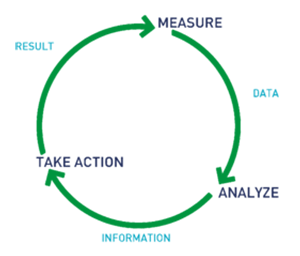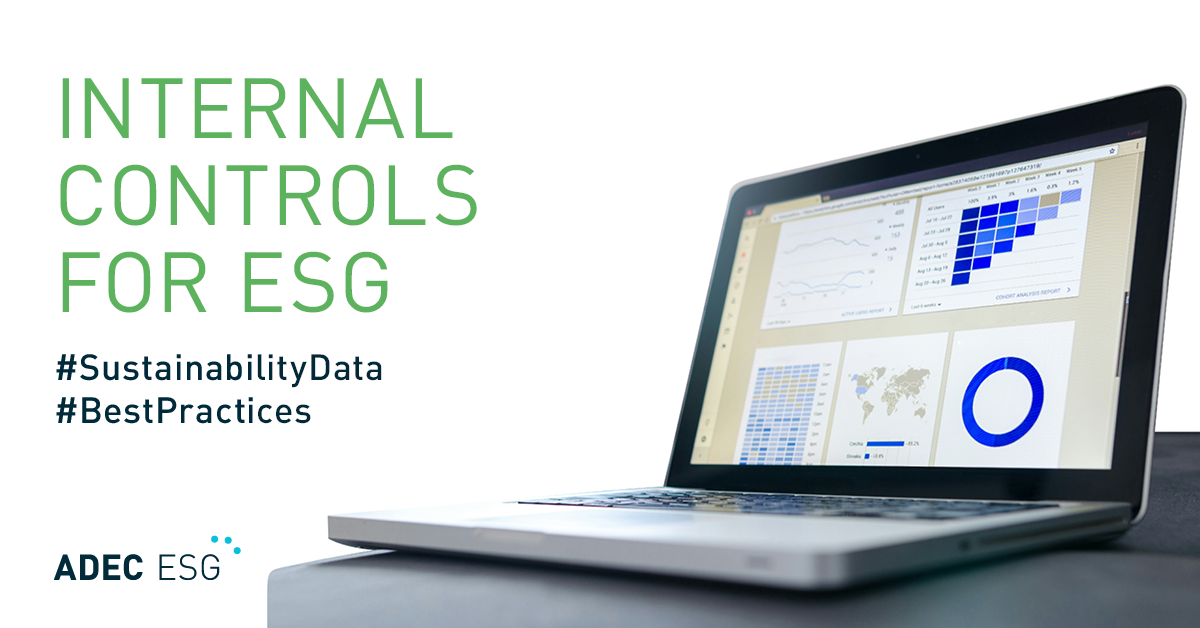More and more extreme weather conditions have raised fears for coming climate change impacts around the globe. The unprecedented melting of the Arctic ice, the upsurge of record atmospheric and ocean temperatures, along with the rise of extreme weather events – like the record breaking cold temperatures currently impacting the east coast of the United States – are among the circumstances that we can’t ignore.
The good news is that there is an increasing corporate awareness on the need to evaluate physical risks from climate change and ensure resiliency, says Paul Simpson, CEO of CDP. Indeed over the last decade, leading organizations across many sectors have developed GHG inventories, instituted annual GHG-accounting practices, and succeeded in reducing their own Scope 1 and 2 GHG emissions, says the EPA. Today, sustainability and compliance are growing significantly among large organizations worldwide, according to the latest CDP Global 500 Climate Change Report.
On the other hand, the same report showed that companies have yet to report emissions from relevant parts of their value chains, with nearly half of carbon intensive activities yet to be quantified. Moreover, instead of measuring carbon-intensive activities in their value chains, companies are more often than not zeroing in on less significant carbon reduction opportunities. For example, 83% of companies report emissions associated with business travel but only 6% report emissions from investment activities—a significant source of Scope 3 emissions.
 Create an Energy Management System (EMS) that is built around Strong Data Management
Create an Energy Management System (EMS) that is built around Strong Data Management
A robust EMS begins with an energy audit which uses current information or data. All succeeding programs including procedures and methods to ensure further energy efficiency will be based on the available and/or additionally gathered data. Monitoring and evaluation will make full use of progressively collected data, as well, for analysis and development and implementation of recommendations. Data must then be stored again for future reference.
A built-in enterprise EMS is therefore imperative to hold all energy data of the organization’s various operations in one central place. This makes it much easier for the energy managers to access the data and analyze it. They can quickly look at trends, costs and environmental reports such as GHG and carbon reports effortlessly. This makes it much quicker and easier to perform the necessary analysis required to pursue their initiatives.
In the manufacturing industry, LG Electronics has already understood how significant being sustainable and compliant is in their organizational activities and operations. LG constantly researches and introduces a full range of innovative green products and services, and continues to be a leader in developing green innovations. Internally, LG practices environmental management and strives to expand CO2 reduction to entire business processes and contributes to a sustainable society and environment through responding to climate change. This has led to the electronic company’s development and manufacture of EMS and smart appliances. LG’s EMS manages the energy use of appliances, lighting, and HVAC (Heating, Ventilation, and Air Conditioning) to minimize energy waste and inefficiencies. These EMS’s are mainly developed for home use, but with the company’s persistent innovation they can be further expanded for industrial use.
Additionally, LG is also expanding its range of eco-friendly products with the launch of their Smart Generation Zone, with which the company endeavours to manufacture and sell clean energy generation solutions such as solar modules, geothermal heating technologies, and ultra-efficient fuel cells. These innovations complement the EMS, providing solutions for minimizing energy waste, and increasing generation of renewable energy to avoid overloading local grids and raise energy prices.
Combining Robust Data-Driven Energy Management Systems with other Energy Solutions
EMS’s are but one component of comprehensively addressing energy problems and the risks they pose. To protect businesses from volatile energy prices and energy supply shortages that may hamper or completely cease their operations, use of EMS’s are of utmost importance. In order to effectively manage the risks that come with energy, companies can use EMS’s as a foundation, and add to that solutions such as the use of clean energy technology and organizational change that will encourage employees and executives alike to contribute their best efforts to promote energy efficiency.
ADEC ESG offers environmental consulting to a wide range of industries, which includes manufacturing and environmental compliance solutions to help organizations face the challenges of sustainability in an increasingly regulated environment. To learn more about how we can help support your organization, contact our team today.




